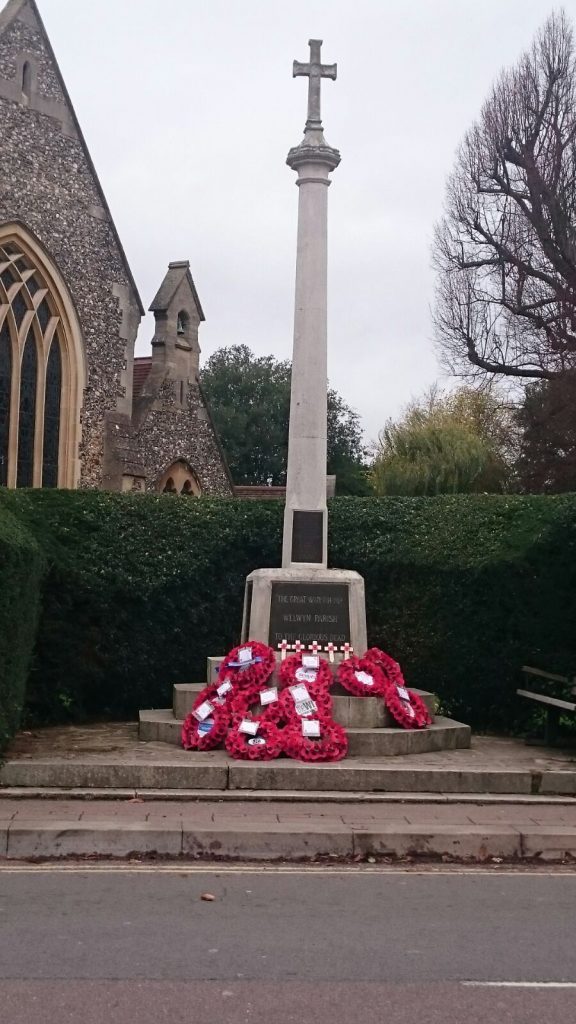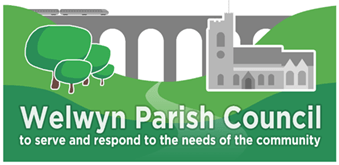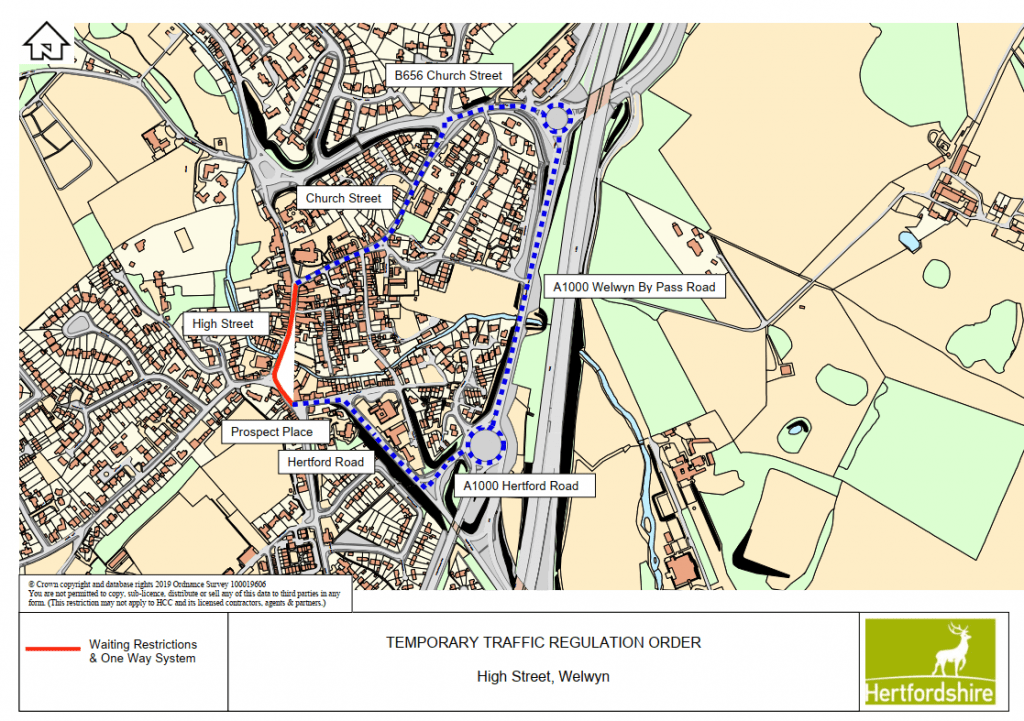TOWN CENTRE WORKS
We felt
it would be useful to provide a highway specific update on the measures we have
been working on for our town centres.
Highway
teams have been working closely with colleagues in Public Health to consider
how we needed to adapt our roads and footways in key urban areas to support
social distancing and enable our towns and their services to safely reopen, in
advance of the lock down measures starting to be eased.
The Department for Transport issued new statutory guidance saying that local authorities should take measures to reallocate road space to people walking and cycling, and that measures should be taken as swiftly as possible. The measures we have introduced are focused on providing space to pedestrians, allowing people to use our high streets safely, to queue safely outside shops and to pass each other at a suitable distance. A standard footway is typically 1.8m and so our approach does mean taking space away from vehicular traffic and while we can not force people to keep 2m apart, it’s important that we provide the opportunity to enable this to happen.
Schools
We worked hard to consider how we needed
to adapt our roads and footways near schools, colleges and nurseries to safely
support social distancing.
Schools were advised to refresh their risk
assessment and other health and safety advice for children, young people and
staff. They have been encouraging parents and children and young people to walk
or cycle where possible, to stagger drop-off and collection times and to plan
drop-offs and pick ups to minimise adult to adult contact. To make it safe for
children to cycle and walk to school, we will be operating most of our school
crossing patrols.
We have identified a small number of sites
to be considered in more detail, where we think footfall could be high and
existing layouts may present a challenge to social distancing. Warning
‘wig wag’ signals (where fitted) will now operate throughout the day to warn
road users of staggered start and finish times and additional social distancing
signage will be available. We are also re-phasing some light controlled
crossings in favour of pedestrians to assist with social distancing.
Moving forward
Through Emergency Active Travel Funding
(EATF), the Highways Response Group are now working on the next phase of social
distancing project, which includes the installation of street furniture, which
includes planters and parklets. These additions will replace a number of
temporary measures, including orange barriers, principally on a semi-permanent
basis.
Hertford town centre had the initial
implementation of planters on Fore Street on 17 September to enable the road to
stay closed.
We are working with stakeholders,
including district and borough councils to oversee the strategic implementation
of the next phase of measures to replace as much of the temporary orange
barriers as possible.
The Highways Response Group is working
collaboratively with the Road Safety team on upcoming schemes, considering all
current school measures, including walking bubbles and cycle routes. Both teams
are ensuring that the next phase of measures are integrating well with the
return to schools and listening to feedback from stakeholders on improvements
required on the highway.
This month saw the completion of the first active travel corridor- Digswell Park Road is open as a through road for all walkers, cyclists, equestrians and non-motor traffic travelling into or out of Welwyn Garden City. We welcome all feedback on the route, which can be found here: www.hertfordshire.gov.uk/temporarycyclelanes


